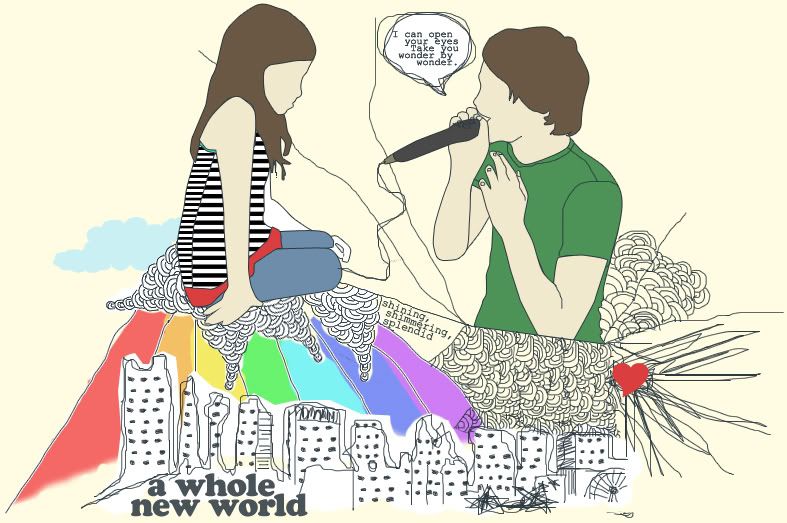I am speaking from experience when I say that the men, particularly the husband, the father, or the eldest born son (in the absence of the first two) always serve as the head of the household.
In colloquial terms, they are referred to as "haligi ng tahanan", the wall that serves as the foundation, the cornerstone upon which the rest of the members of the family lean on for support. Even as children, boys are aware of this responsibility and perhaps this is why they feel compelled to appear "astig" or "macho". The slightest sign of sensitivity like showing too much emotion or being too affected by events are considered as signs of weaknesses and any boy who does this faces a real risk of being bullied by family members and teased by his peers.
This kind of upbringing, coupled with the pressure of bringing the food to the table and keeping the family together can lead the men of the homes to believe that they should always keep their "game face" on.
For example, in the first story, "The Mats", we are given the initial impression that Mr. Angeles is the typical strong breadwinner and it isn't that normal for these types of people to show much, if any, feelings so when he has a sudden outburst in the end, we are taken aback. It took me a while to understand that when we bottle up frustrations like that, the pressure is bound to build until we have no control over it and it bursts like a seemingly dormant volcano. You think that there is no chance in the world for it to erupt again but the lava is bubbling beneath the surface, slowly gaining momentum and just when you least expect it, BOOM! goes the
In the other story (Divide by Two), wherein the wife is so affected by a silly thing, a division that their next door neighbors have put up between their lawns that she nags her indifferent husband into doing something which eventually culminates into a heated discussion involving the two of them and the kapitbahay.
At first, the man seems so passive, like he's just tolerating how his wife insists on turning molehills into mountains, a couple of bricks into the freaking Great Wall but then we find out that this is not the only thing he could be tolerating. The story suggests that the wife and the man from next door had an affair and the wall could symbolize the man putting an end to it. It came to the point that the husband in the story could not take the hurt and betrayal anymore and just snapped at his enemy, the possible ex of his wife. Of course, his anger could not match that of his wife's (after all, hell hath no fury like a woman scorned) but for someone who seems to have a tendency to shrug things off and keep it all inside, it's a start.
Labels: arcellana, litfili week 2
